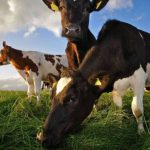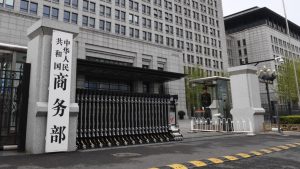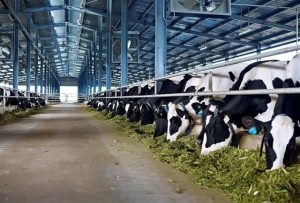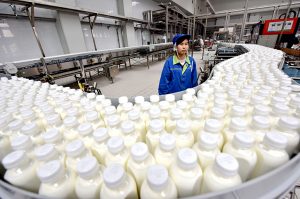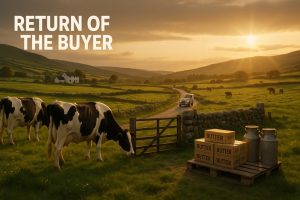
The birth of three cloned “super cow” calves in the Ningxia region of northwest China confirms the country’s intentions to get rid of its dependence on dairy. In the absence of official scientific confirmation from outside the government of the People’s Republic of China, researchers from the Northwest University of Agriculture, Science and Forestry Technology guarantee that the calves born are the result of a cloning process carried out by themselves.
According to the People’s Daily media, associated to the government, the group of Chinese scientists carried out the cloning with tissue obtained from the ears of some cows considered “super cows”. The specimens thus named occur in a proportion of 5 per 10,000 normal cows. The difference in these specimens is the amount of milk they produce, 36,000 liters per year, compared to the average 14,000 liters of a normal cow. In weight, “super cows” produce 7 tons more kilos of milk than standard cows, reaching 17,000 tons.
The detection of “super cows” is complex, as it is usually done at the end of their life cycle, when they accumulate around 100,000 tons of kilos of milk. Their advanced age makes cloning processes and guarantees of success in a complicated process very difficult.
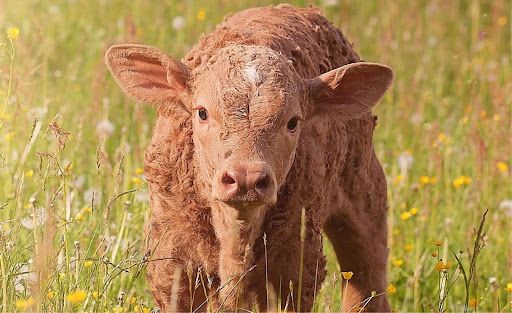
To carry out the cloning, researchers at the Northwest University of Agriculture, Science and Forestry Technology created 120 “super cow” embryos, of which only 42% were viable to fertilize cows that would be the mothers of cloned calves. After 200 days of gestation, only 17% of the pregnant cows were able to proceed with the process. In the end, only three cloned “super cow” calves were viable and could be born. One of them has the same coat pattern as the original cow.
China seeks independence by cloning “super cows”.
The leader of the project, Jin Yanping, acknowledged that keeping this type of cows is an investment for China and ensures the viability of a sector that is in the process of revitalization. According to the statement issued, the Asian country is 70% dependent on imports to supply its demand for milk and dairy products.
“The use of cloning alone will not have any economic gain and the combination of leveraging reproductive technology and using low productivity cows as replacements allows us to get 20 more calves compared to just using cloning for a given period of time. We plan to build a herd of more than 1,000 head of super cows within 2 to 3 years, a solid foundation to address China’s foreign dependence and the risk of shortages,” Yanping said.
China has 6.6 million Holstein Friesian cows, highly productive compared to other breeds, purchased on the international market in recent years. However, only a very small percentage of them are able to maintain their high milk production, while their longevity is much lower due to climatic issues and lower resistance to stress. Because of this, several countries have closed trade channels with China and prevent the sale of Holstein Friesian. The volume of dairy products demanded by the Asian country jeopardizes the market balance and global production.
According to information distributed by The Guardian newspaper, China has been developing a self-sufficiency plan since 2015 that includes the world’s largest animal cloning factory, in which they hope to reach the figure of 1 million cows and “super cows” per year.
